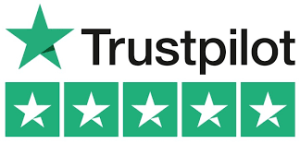World-class life sciences translation services for effective, clear and compliant global communications
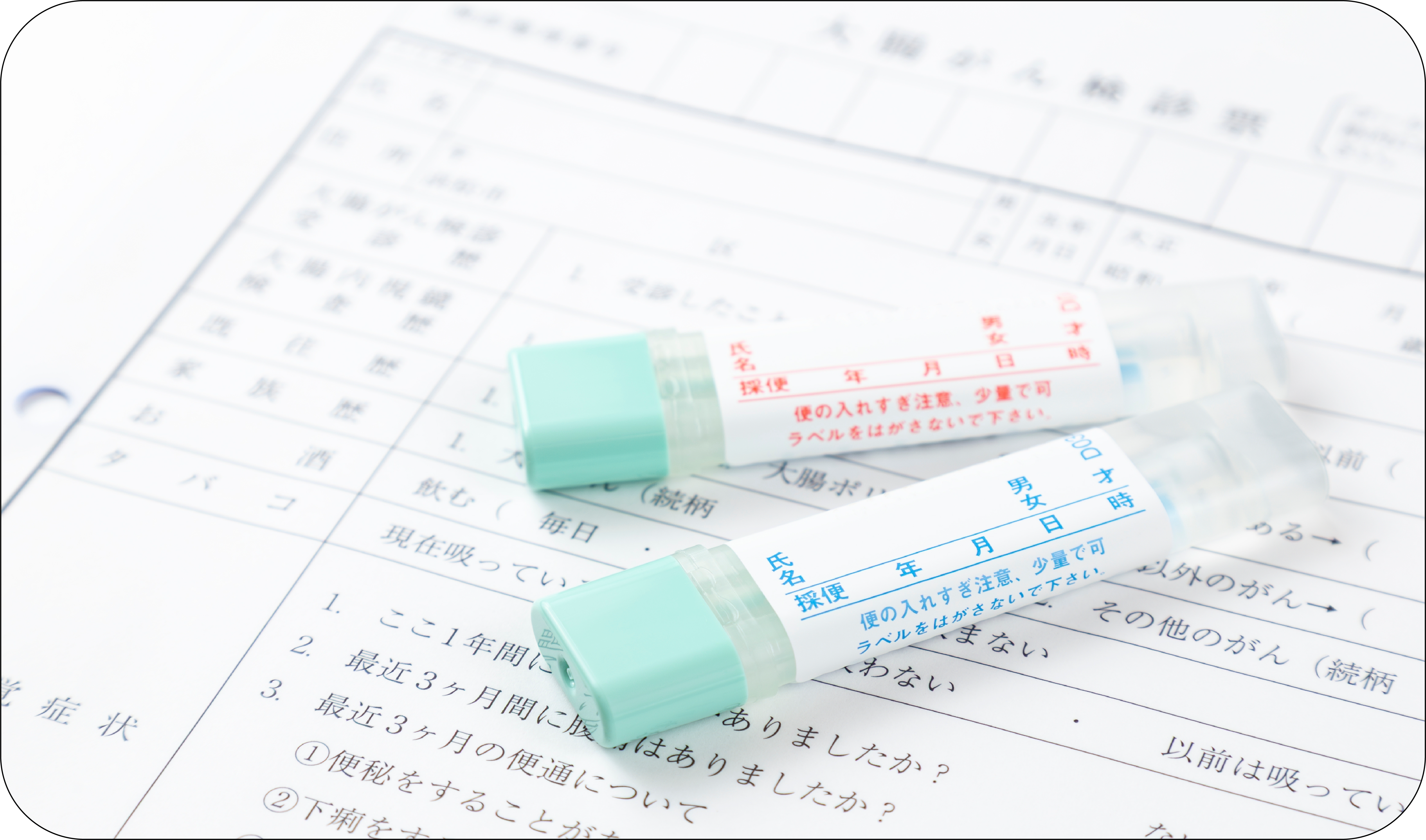
Absolute Translations provides scientific translations with an unsurpassed level of personal service and secure industry-leading technology that scales seamlessly with your needs.
Our life sciences translation & interpreting services are highly regarded in the scientific world as we remain dedicated to our long-standing commitment to quality, speed, and knowledge.
Our expert life sciences translation services are designed to be your trusted ally, facilitating seamless international transactions and expanding your client base across borders.
With our team of scientific translation experts, we deliver unmatched life sciences translations.
Trust Absolute Translations’ proven linguistic expertise to support your team as you research, develop, and commercialise new medicines and medical products.
For decades, we’ve partnered with industry-leading life sciences companies worldwide.
We provide precision in pharmaceutical translation, medical device translation, clinical trial translations, regulatory translation, linguistic validation, and life sciences marketing services.
Our advanced technology and innovative, ISO-compliant translation methodologies enable clinical trials, regulatory filings, product launches, post-market activities, and more.
Contact us today to learn more about how we can assist you.
Here’s how we add value
Our solutions span across a multitude of services, including eClinical solutions, AI solutions and regulatory and product launch support.
![]() Meet regulatory compliance demands
Meet regulatory compliance demands
![]() Streamline product labeling and information
Streamline product labeling and information
![]() Accelerate global clinical trials
Accelerate global clinical trials
![]() Increase project quality and efficiency
Increase project quality and efficiency
Whether you’re launching a new product in 20 countries or need bilingual staff with oncology expertise, we’re here to help.
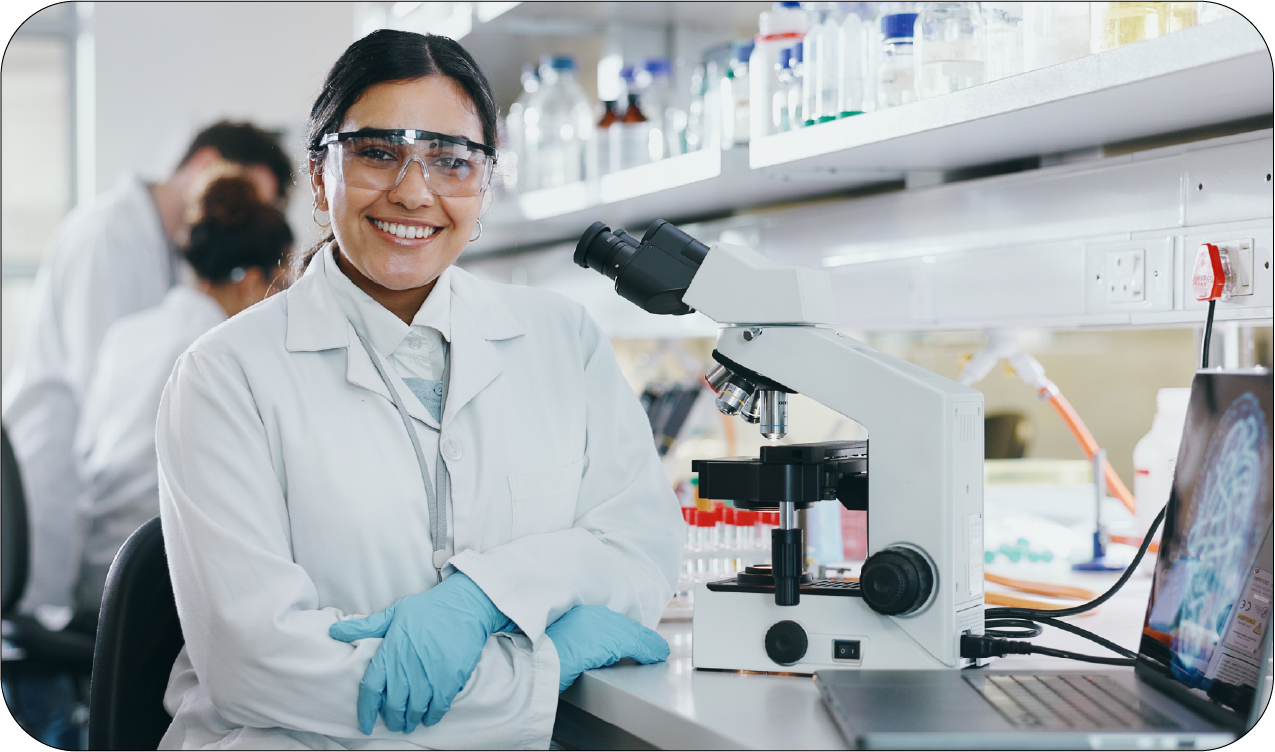
Trusted by Life Sciences leaders

Sector expertise
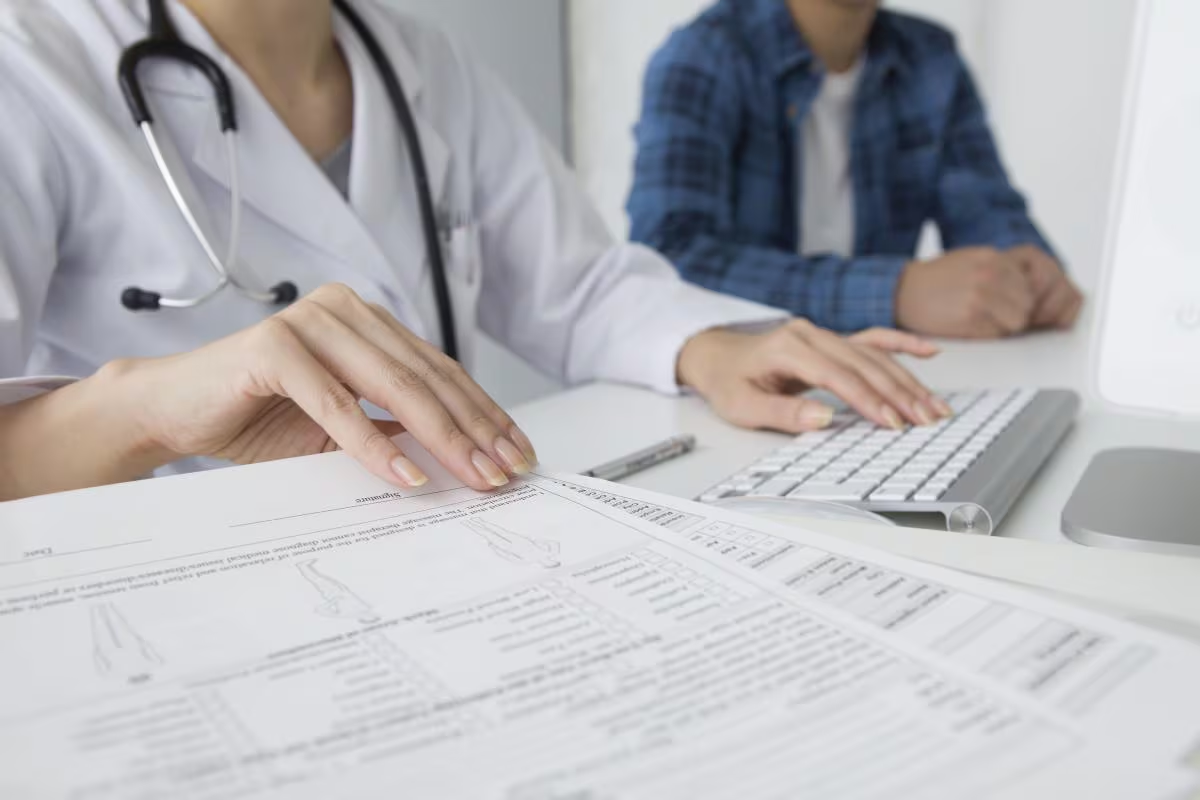
Clinical Documentation
We that understand your clinical trial documents and translations need more rigorous quality control than other types of documents.
Clinical documents, such as trial protocols, informed consent forms, and regulatory submissions, demand precise translation to meet stringent industry standards and safeguard patient safety. We bring together expert linguists with domain knowledge in life sciences and employ rigorous quality control processes, including terminology management and compliance checks.
This ensures that our translations are not only linguistically accurate but also adhere to global and local regulatory requirements, enabling seamless communication and successful international operations.
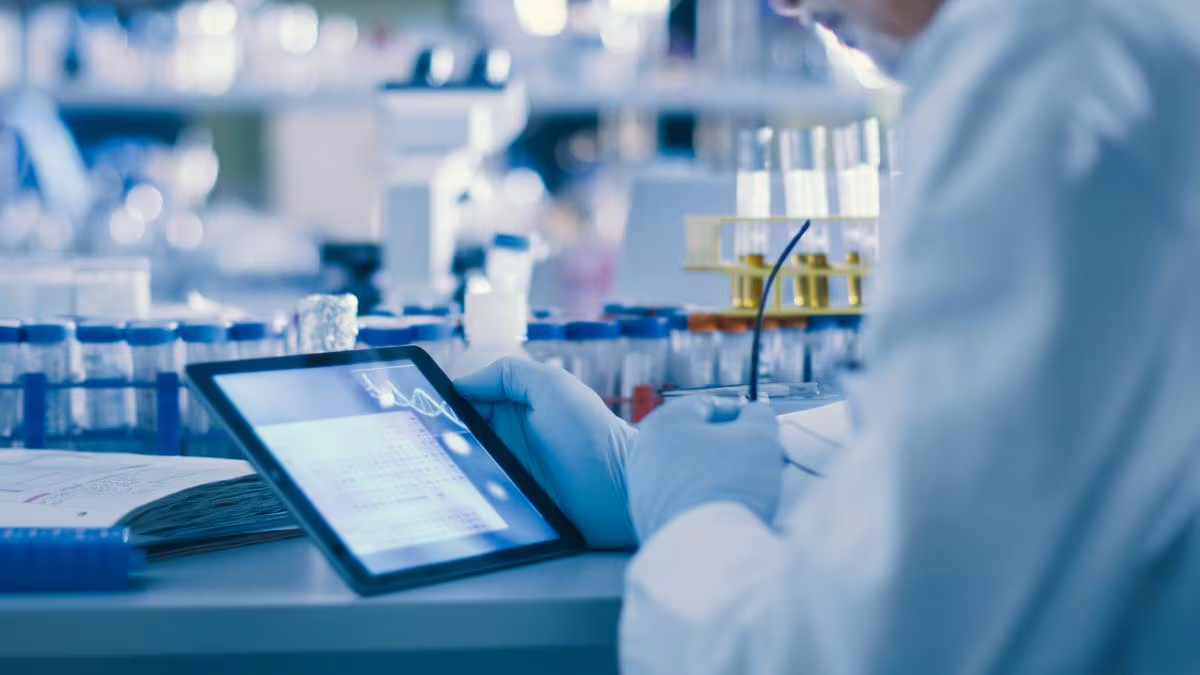
Pharmaceuticals & Biotech
Pharmaceutical and biotech companies operate in a highly regulated and globalised industry where precision and compliance are paramount.
Our specialised translation services ensure that all materials, from clinical trial documents to product packaging and patient information leaflets, are translated with accuracy, cultural adaptation, and adherence to international and local regulatory standards.
With expert linguists and robust quality assurance processes, we help you break language barriers, accelerate market entry, and connect with healthcare professionals and patients worldwide. Trust us to deliver clear, compliant, and culturally resonant content for your global success.
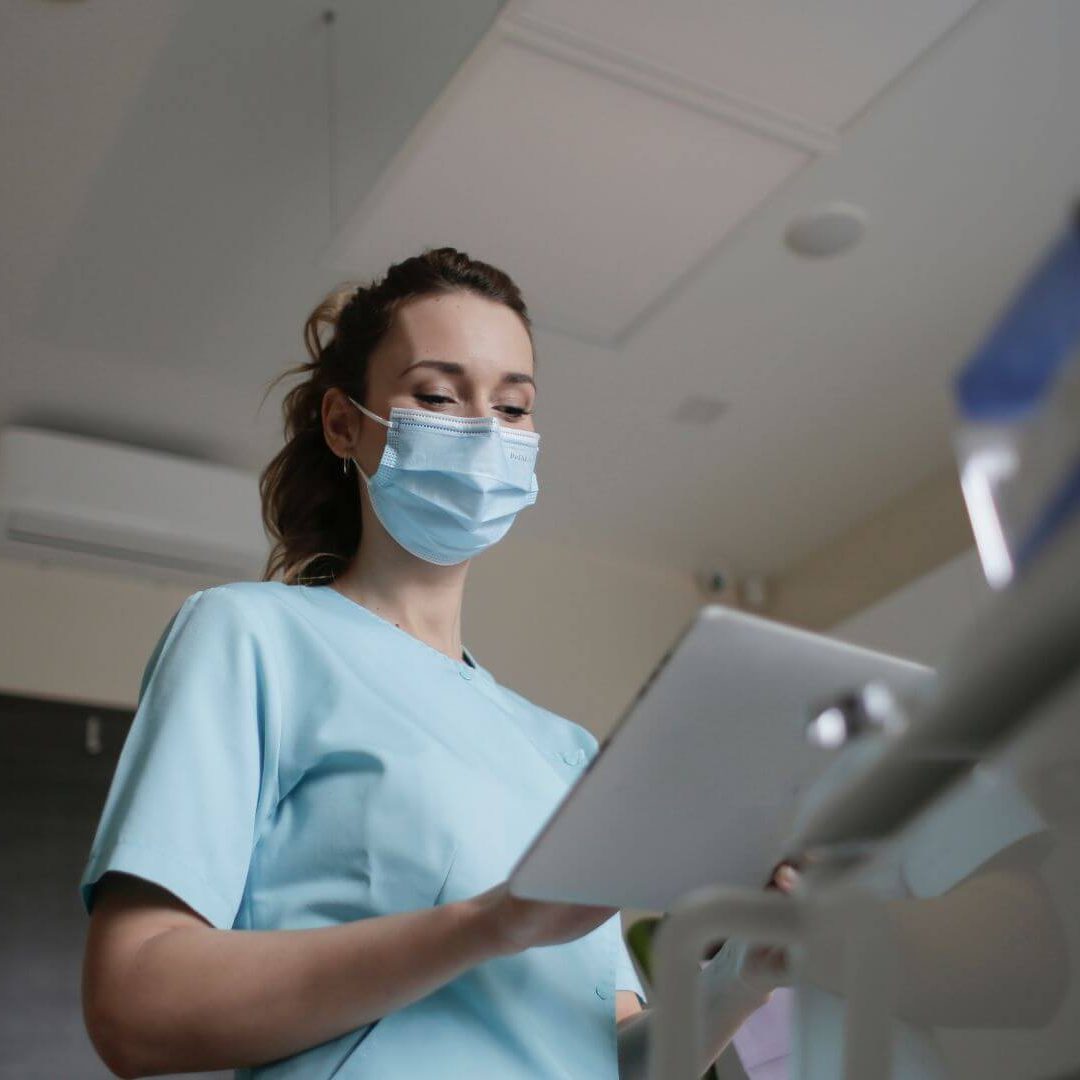
Medical Equipment
For the medical equipment industry, accurate documentation is critical.
From translating user manuals and regulatory documents, to localising marketing materials, we deliver correct and compliant translations. You can navigate international regulations, prepare user manuals or launch products in new markets with peace of mind: Absolute Translations’ expert linguistic solutions ensure your message gets delivered with the utmost care.
Our expertise in medical terminology and in international regulations (from ISO certifications to EU MDR requirements) will enable your brand to connect with global markets while also meeting the highest industry standards.
Why choose Absolute Translations?
We work with leading biotechnology corporations and multinational clients.
We balance the latest developments in AI technology, delivering efficiency and scale, with profound human life sciences knowledge to guarantee quality and safety.
Experts in translation of scientific content
NAATI certified for translations requiring submission in Australia
Working with life sciences corporations and scientific departments worldwide via our international network
Trusted by global biotech companies
24/7 coverage to support fast turnaround times
Integration of human skills with technology for maximum efficiency
Security-assured language solutions to protect your most sensitive content and client data
We work with all types of clinical and medical documents
![]() ICFs/Consent Forms
ICFs/Consent Forms
![]() Patient-Reported Outcomes
Patient-Reported Outcomes
![]() Study Protocols
Study Protocols
![]() Investigator Brochures
Investigator Brochures
![]() Drug Labels
Drug Labels
![]() Clinical Outcome Assessments (COAs)
Clinical Outcome Assessments (COAs)
![]() Medical Safety Reports
Medical Safety Reports
![]() Adverse Events
Adverse Events
![]() Case Report Forms (CRFs)
Case Report Forms (CRFs)
![]() Patient Surveys
Patient Surveys
![]() Patient Diaries
Patient Diaries
![]() Lay Summaries
Lay Summaries
![]() Clinical Study Reports
Clinical Study Reports
![]() Patient Recruitment Material
Patient Recruitment Material
![]() Mobile Applications & Wearables
Mobile Applications & Wearables
![]() Audiovisual Content
Audiovisual Content
Discover the Absolute Translations difference today
Our talented teams offer linguistic, cultural, and subject-matter expertise, capturing nuances that resonate with local audiences around the world.
Whether you need life sciences translation and localisation services on an ad-hoc basis, or have a large, ongoing localisation program that requires a proven industry-leading language services partner, our extensive global network can deliver at an unparalleled standard of quality and scalability.
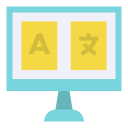
Technical translation in 250+ languages

Linguists with industry-specific expertise

High-volume projects

Centralised, server-based translation memory (TM)
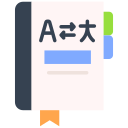
Glossary creation

Style guide creation

Absolute Translations technology platform

Quality Assurance assessment

Certified or sworn translations

Adherence to ISO 9001 and 17001 standards

Linguist certification guaranteed
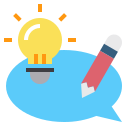
Transcreation and copy-editing available

Our life sciences team will make your life easy.
How can we help you?

Your global content, localised to your local target audience
Our translators are professionally qualified and reside in key locations around the world. Our translations are accurate and localised to your target audience. And because we’re working in your target timezone, you don’t have to wait for the results.
In today’s connected world, we’re not just on the map. We’re all over it.
We are passionate about our corporate clients and we are passionate about localisation. Our ultimate goal is to achieve the best localisation outcomes for you and your team. Contact us now to order your corporate translation!

Save up to 80% on translations
Using the latest tools, we can save you up to 80% on translations. We create a translation memory tailored to your company, to keep track of terminology, maintain consistence with your translation guidelines and avoid duplicated content.
You can save up to 80% on translations, because repetitive content is discounted, and we deliver faster.
When you introduce the best translators to the best technology, you unlock accuracy, efficiency and global relevance.
What our clients say
Kickstart your global strategy
We enable our clients to reach new markets globally by connecting with their audiences and providing the best possible customer experience—in any language.
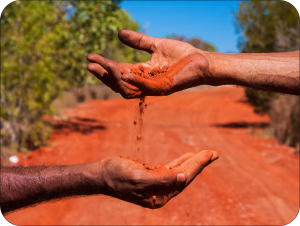
Submit your question here.
Have more questions? We have the answers.
What role does localisation play in the life science industry?
Localisation is vital in the life sciences industry as it ensures that medical products, research, and communication are adapted to meet the linguistic, cultural, and regulatory needs of diverse markets.
It enhances accessibility, compliance, and patient engagement by translating and tailoring content such as product labels, clinical trial documentation, and marketing materials.
Localisation also helps address regional epidemiological trends and cultural nuances, fostering trust and improving health outcomes globally. By integrating localisation early in the development process, life sciences companies can streamline regulatory approvals and expand their reach effectively
Why is localisation important for life sciences organisations?
Localisation is important for life sciences organisations because it ensures their content is accessible, accurate, and culturally appropriate for diverse global markets.
Whether it’s clinical trial documentation, medical device instructions, or pharmaceutical labeling, precise localisation enables compliance with regional regulations, reduces misunderstandings, and enhances patient safety.
It also fosters trust by bridging language barriers, improving communication with healthcare professionals and patients alike. Ultimately, localisation empowers organisations to expand internationally, connect with global audiences, and contribute to better health outcomes.
What content needs to be localised?
In the life sciences industry, a wide range of content needs to be localised to ensure compliance, accuracy, and effective communication across global markets. Examples include:
Regulatory documents: clinical trial protocols, informed consent forms, product labels, and patient information leaflets must comply with local laws and be understandable to target audiences.
Medical device instructions: user manuals, safety warnings, and technical documents need precise translation to ensure safe and proper usage.
Pharmaceutical content: packaging, dosage instructions, marketing materials, and pharmacovigilance reports require localisation to meet legal and cultural standards.
Clinical trial materials: patient-reported outcomes (PROs), case report forms (CRFs), and recruitment documents must be adapted for diverse populations.
Marketing and educational content: websites, brochures, video tutorials, and training materials for healthcare professionals and patients need to resonate culturally.
How can localisation improve life sciences safety?
Localisation improves safety in the life sciences industry by ensuring information is accurately translated and culturally adapted for its intended audience. Here’s how it makes a difference:
Patient safety: localised content such as medication labels, dosage instructions, and user manuals for medical devices minimises the risk of misinterpretation, helping patients use products correctly and avoid harm.
Regulatory compliance: proper localisation ensures that clinical trial documents and regulatory submissions meet the requirements of regional authorities, reducing delays and errors that could jeopardise safety.
Effective communication: by adapting content to the local language and cultural context, localisation improves clarity and understanding among healthcare professionals, patients, and regulators, fostering better outcomes and adherence to safety protocols.
Risk mitigation: accurate translation of risk warnings and adverse event reporting processes helps healthcare providers identify and address issues early, safeguarding public health.
What languages should be prioritised for life sciences?
The languages to prioritise in the life sciences industry depend on the target markets and regulatory requirements. Here are some languages to consider:
English, German, French, Chinese (simplified), Japanese, Spanish, Portuguese, Arabic and Russian, among others.
Localisation plans should align with business goals and regulatory landscapes, as some countries mandate the use of their official languages for product labeling and clinical documentation.
How do you ensure quality in life sciences translations?
Ensuring quality in life sciences translations involves a meticulous, multi-step process:
Subject Matter Experts (SMEs): working with translators who have expertise in medicine, pharmaceuticals, or regulatory requirements ensures accurate use of technical terminology.
Linguistic validation: employing techniques like forward and back translation, accompanied by reviews and cognitive debriefing, ensures clarity.
Quality assurance: implementing multiple layers of proofreading and review by qualified editors guarantees accuracy and consistency.
Regulatory compliance: adhering to local regulations and standards, like ISO 17100 for translation services, minimises risk and ensures compliance.
Technology integration: utilising translation memory tools and glossaries ensures consistency across projects while saving time.
Comprehensive testing: particularly for eCOA materials, in-context testing confirms functionality and usability in local environments
Can you handle urgent requests?
Yes, we can prioritise urgent requests in life sciences to meet your timelines in different languages.
How do you ensure confidentiality in life sciences translations
We maintain strict confidentiality in technical life sciences documents with NDAs, secure infrastructure, and adherence to privacy regulations.
What are the costs associated with life sciences localisation?
Costs for life sciences localisation vary based on project scope, language pairs, content volume, and specific requirements. Contact us for a personalised quote.
What role does tech and AI play in life sciences localisation?
Technology and AI are transforming life sciences localisation by streamlining processes and enhancing accuracy. Here are some examples:
Translation memory and glossaries: tech tools store previously translated terms and phrases, ensuring consistency across materials like clinical documents, user manuals, and marketing content.
AI-powered machine translation: advanced AI models provide quick and accurate translations, reducing turnaround times while maintaining high quality for large volumes of text.
Linguistic validation: AI assists in the validation process by identifying discrepancies, improving the reliability of clinical outcomes assessments (COA) and regulatory documents.
Automated quality control: tools with built-in quality checks detect errors, inconsistencies, and formatting issues, ensuring the highest standards for medical and pharmaceutical content.
Contextual localisation: AI algorithms analyse cultural nuances and adapt content to resonate with diverse target audiences, improving engagement and accessibility.
Integration with digital platforms: AI-driven technologies optimise content delivery across eCOA platforms, digital health apps, and interactive patient tools.
How can I request more information?
If you’re interested in receiving more information on our life sciences translation service, you can complete the form on this page, or chat with one of our sales representatives!
